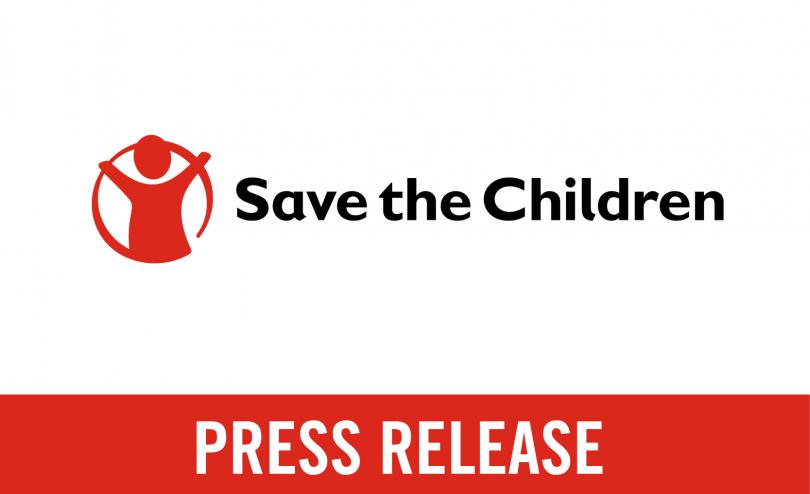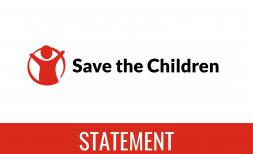War in Ukraine threatens to increase hunger in Sudan

More than 80 percent of Sudan's wheat imports are at risk as a result of the conflict in Ukraine, exacerbating an already dire economic and humanitarian crises, said Save the Children.
The ongoing crisis has disrupted grain shipments from Russia and Ukraine, which account for over 80% and 7% of Sudan’s wheat supplies, respectively. Concerns about the disruption of supply lines have already driven up the global price of wheat by more than 50% and Save the Children warns that this could have a devastating knock-on effect on some of the world’s most vulnerable children.
Bread is a staple food in Sudan, eaten mostly in populated urban areas. The price for an average food basket in Sudan has already gone up by 700% over the past two years, with the price of one small bread jumping from 5 SDG (around 1 cent USD) to nearly 50SDG (10 cents) within the last year alone. As wheat prices increase, demand for alternate staple foods consumed in rural areas, such as sorghum, will likely go up as well. As a result, Save the Children fears that the eventual impact of these price hikes will be on the poorest families who are least equipped to adapt.
Sudan is already in the grips of a protracted economic crisis, which has seen inflation in the country rising to one of the highest levels in the world. Humanitarian partners estimated last year that about 14.3 million people will be in need of humanitarian assistance in 2022. Yet, taking into account the recent devaluation of the Sudanese Pound, and significant decrease in domestic production, the UN’s World Food Programme now projects that 20 million people; representing almost half of the Sudanese population could face hunger by the end of this year. Currently, Sudan’s agricultural yield has decreased by 19% below average.
David Wright, Chief Operation Officer of Save the Children, who visited Sudan’s Darfur region this week, said:
"During my visit to Krinding displaced persons camp in West Darfur today, we heard directly the concerns from children and families who have been impacted by the economic crisis and ongoing internal conflict and cycles of displacement. We are concerned about the impact of the impending food crisis on these vulnerable communities".
“Every child has the right to eat and develop in a healthy way. Yet, due to multiple crises Sudan has been going through in the last years, including conflict, high inflation, and climate change, nearly a quarter of the population is facing hunger. The Ukraine war is now adding further stress to an already volatile situation in the country."
Amira, 30 years, is a widowed mother of ten children from North Darfur, Sudan. She said:
“Before I did not know how I can buy food for my children and at the same time pay for my children’s education. Save the Children gave me two goats. Now my children are drinking milk every morning and they are healthier and can focus on school. This has also allowed me to save some money to pay for the school fees.”
Save the Children Sudan is running Food Security programs in five of the most affected states, including the distribution of seeds and agricultural inputs, goats for milk and cash distribution. The organisation has also supported more than one million Sudanese people in the last year with health and nutrition services, ensuring that children under five affected by malnutrition receive the help that they need.
For further enquiries please contact:
Delfhin Mugo, Delfhin.Mugo@savethechildren.org;
Daphnee Cook, Daphnee.Cook@savethechildren.org;
Emily Wight, Emily.Wight@savethechildren.org;
Our media out of hours (BST) contact is media@savethechildren.org.uk / +44(0)7831 650409
Please also check our Twitter account @Save_GlobalNews for news alerts, quotes, statements and location Vlogs.




